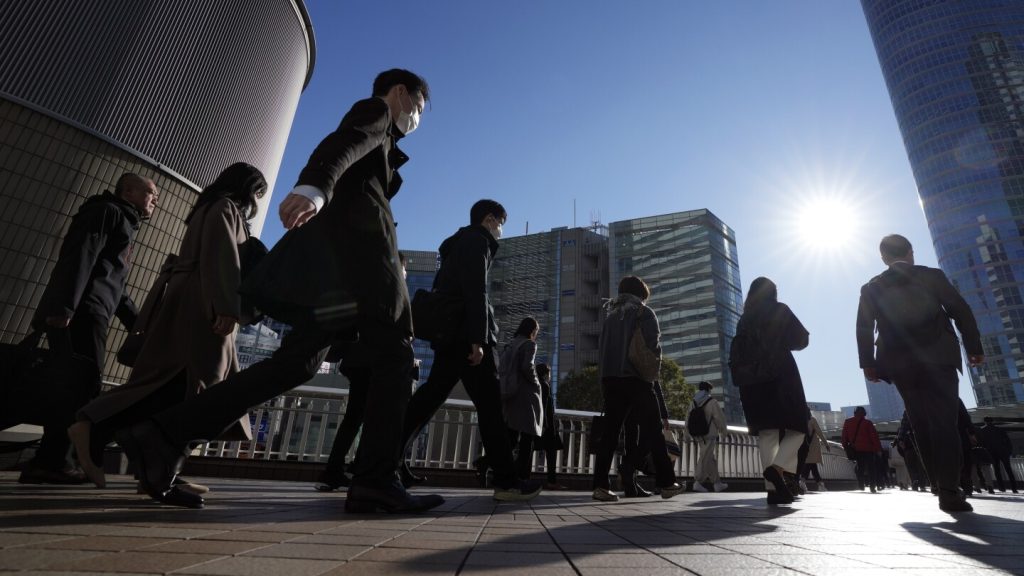Japan is making efforts to address its labor shortage by encouraging more people and companies to adopt a four-day workweek. While only about 8% of companies currently allow employees to take three or more days off per week, the government is promoting shorter hours, flexible arrangements, overtime limits, and paid annual leave through its “work style reform” campaign. The campaign aims to create a balance between work and personal life, leading to a better outlook for workers in the future.
Despite these efforts, the concept of a four-day workweek has been slow to catch on in Japan. Only three companies have requested advice on making changes, regulations, and subsidies from the government. Even at companies like Panasonic Holdings Corp., where 63,000 employees are eligible for four-day schedules, only a small number have opted to take advantage of this option. The country’s cultural ethos of workaholic stoicism and pressures to sacrifice for one’s company have made it difficult for the four-day workweek concept to gain popularity.
Critics of the government’s push for a four-day workweek argue that employees on such schedules end up working just as hard for less pay. However, there are signs of change, with companies like Fast Retailing Co. and Shionogi & Co. offering this option to their employees. The finance industry, notorious for its demanding nature, is also adopting the four-day workweek model. A Gallup survey showed that Japanese workers are among the least engaged globally, indicating a need for more flexibility and employee satisfaction in the workplace.
Proponents of the four-day workweek model believe it can encourage people to stay in the workforce longer, especially those raising children, caring for older relatives, or looking for flexibility. Akiko Yokohama, who works at a technology company with a four-day workweek policy, finds that having an extra day off reduces stress and allows her to attend appointments and spend time with her family. Some companies in Japan are offering a variety of scheduling patterns to accommodate the diverse needs of their workforce, emphasizing the importance of individual preferences in creating a positive work environment.
As Japan grapples with a declining workforce due to its low birth rate, embracing a four-day workweek could be crucial for maintaining a viable workforce. The government’s efforts to promote work-life balance and flexibility in the workplace signify a shift in the country’s traditional work culture. By offering free consulting, grants, and success stories, the government hopes to encourage more companies to adopt the four-day workweek model and create a more sustainable future for Japanese workers.


